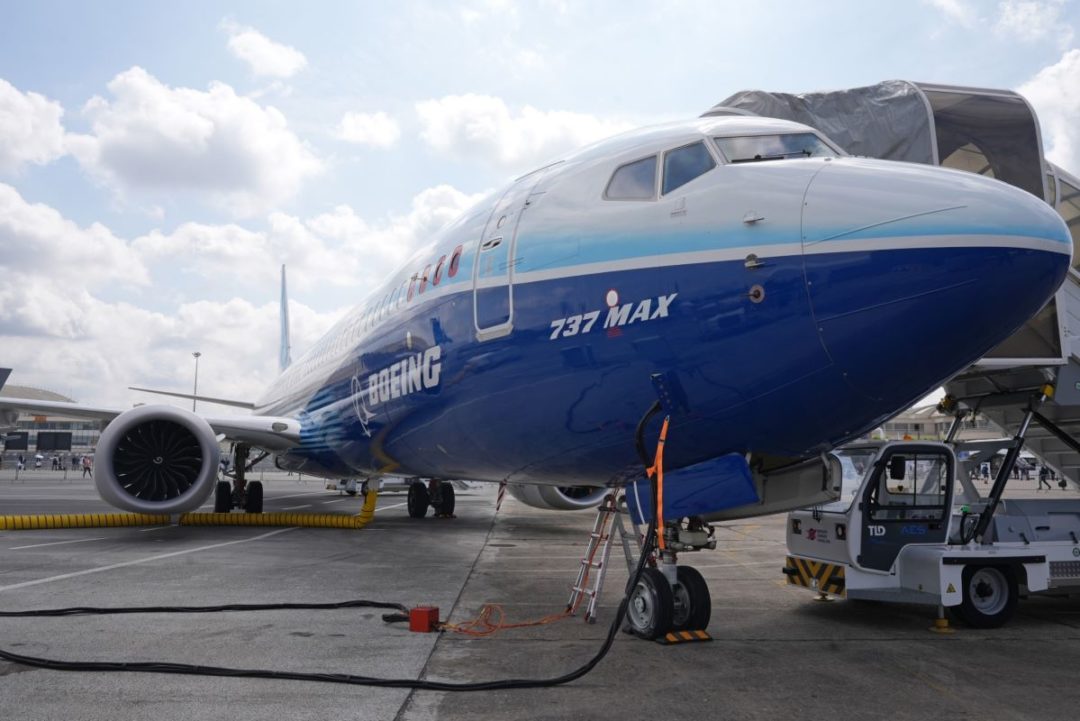
Visit Our Sponsors |
|
|
|
|
|
|
|
|
|
|
|
|
|
|
|
|
|
|
|
|
|
|
|
|
|
|
|
|
|
|
|
|
|
|
|
|
|
|

Photo: Bloomberg
United Airlines Holdings Inc. has told Boeing Co. to stop building 737 Max 10 jets for the carrier, opting to switch to a smaller variant and the rival Airbus SE A321 until the U.S. planemaker can pull the stretched single-aisle plane through its long-delayed certification.
“We’ve asked Boeing to stop building Max 10s, which they’ve done, for us, and start building Max 9s,” United chief executive officer Scott Kirby said March 12 at a JPMorgan investor conference. “It’s impossible to say when the Max 10 is going to get certified.”
Once the Max 10 gets clearance to operate, United will switch back to the Max 10, Kirby said. The United CEO confirmed earlier Bloomberg reports that the airline is looking to swap out some of its massive order for 277 Max 10s to use the A321 instead, offering the European planemaker the rare opportunity to seize an important piece of business from its chief rival.
“We are in the market for A321s, and if we get a deal where the economics work, we’ll do something,” Kirby said. “If we don’t, we won’t and will wind up with more Max 9s.”
Read More: Boeing Woes Continue as Issues Mount and Rival Airbus Widens Lead in Orders
A Boeing spokesman had no immediate comment on Kirby’s remarks. Deliveries of 737 jets slowed to 17 in February from 25 in January, the planemaker said March 12.
Kirby has been one of Boeing’s most outspoken critics after a fuselage panel blew off of a 737 Max 9 operated by Alaska Air Group Inc. in early January. United, the biggest operator of the variant, temporarily took dozens of planes out of service while federal investigators probed the accident. The National Transportation Safety Board has found that workers at Boeing had failed to affix four bolts holding the door plug in place.
The bigger impact on United has been with the coming Max 10, for which it is the launch customer with 200 options in addition to the firm order. The plane’s certification, expected this year, has been pushed back indefinitely as Boeing addresses issues in its factory, and contends with increased scrutiny from the Federal Aviation Administration and other U.S. agencies.
While Boeing deliveries this year will be “way behind” what the planemaker originally forecast, Kirby said he’s “glad that’s the case.” Boeing executives have accepted that they need to make larger changes and go slow for now, in order to eventually ramp up output.
“This is not a 12-month issue, this is a two-decade issue,” Kirby said. “I’d rather Boeing do what they need to do, and they are now.”
RELATED CONTENT
RELATED VIDEOS
Timely, incisive articles delivered directly to your inbox.

